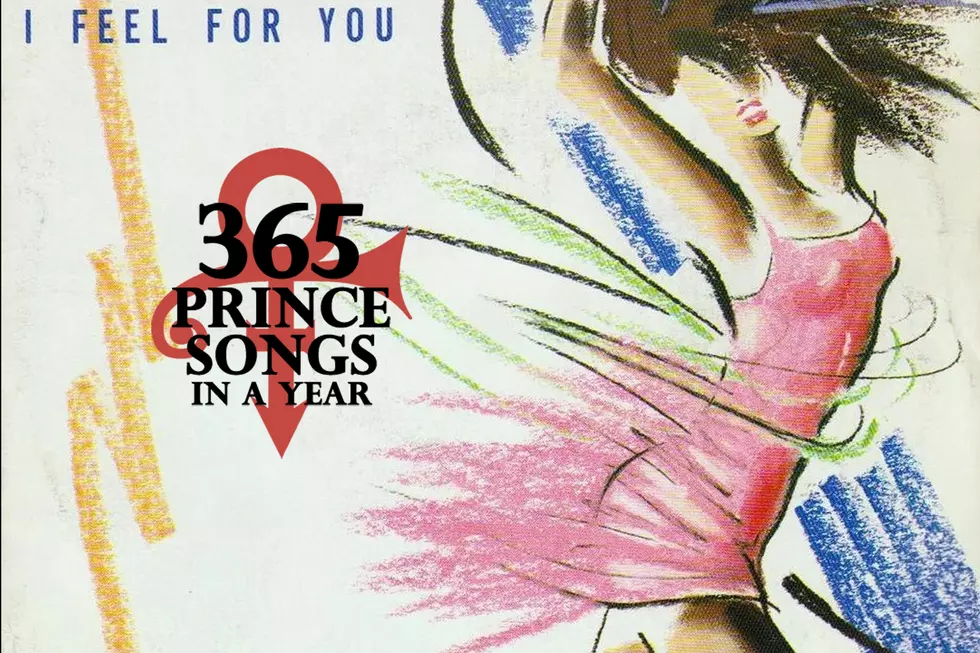
5 Reasons Chaka Khan Should Be in the Rock and Roll Hall of Fame
Everyone who’s been nominated for inclusion in the Rock and Roll Hall of Fame — this or any other year — is an accomplished artist with a legacy to be proud of. There’s an argument to be made on behalf of any of the Hall’s potential inductees, and with that in mind, here’s our list of five reasons we’d like to see Chaka Khan up at that podium when the ceremony takes place in Brooklyn next April.
Undeniable Talent
Khan was only a teenager when she joined the funk band Rufus — and only a background singer when she entered the lineup. But it wasn't long before the sheer might of her vocals put her front and center in the spotlight, and by the time they entered the studio to record their self-titled 1973 debut, Khan's voice was the most distinctive instrument in a band with no shortage of musical talent.
Uncompromising Artistry
Almost as quickly as she assumed frontwoman status in Rufus, Khan started growing beyond the band's musical borders, and by the end of the '70s, she was busy maintaining a solo career while juggling her duties to the group. She scored an immediate hit "I'm Every Woman" from her 1978 solo release Chaka, starting a torrid stretch in which she'd release eight albums either on her own or with Rufus over a four-year span.
Versatility
She rose to fame on the R&B charts, but Khan quickly proved she could hold her own in just about any genre, guesting on records by Quincy Jones, Ry Cooder, and Rick Wakeman during the late '70s and early '80s. Later in her career, she continued to surface in a variety of seemingly disparate musical spots, lending her distinctive voice to Steve Winwood's "Higher Love" and cutting the original (and still tantalizingly unreleased) version of Robert Palmer's "Addicted to Love" as a duet.
Vision
Although she's a songwriter in her own right, a substantial portion of Khan's success has come through her ability to choose — and brilliantly interpret — other writers' material. Rufus' first single, "Tell Me Something Good," was written for Khan by Stevie Wonder, and she took arguably her defining solo hit, "I Feel for You," from Prince — a longtime fan who eventually ended up signing her to his label after both artists exited the Warner Bros. stable.
Legacy
Khan's recorded output has slowed in recent years, but she's remained every bit as active, continuing to tour and perform regularly. And if her days as a multiplatinum pop star are likely behind her, Khan continues to deliver when she re-emerges with new music: her 2007 release, Funk This, earned a pair of Grammys, bringing her impressive career total to 10 wins against 22 nominations.
More From Diffuser.fm









